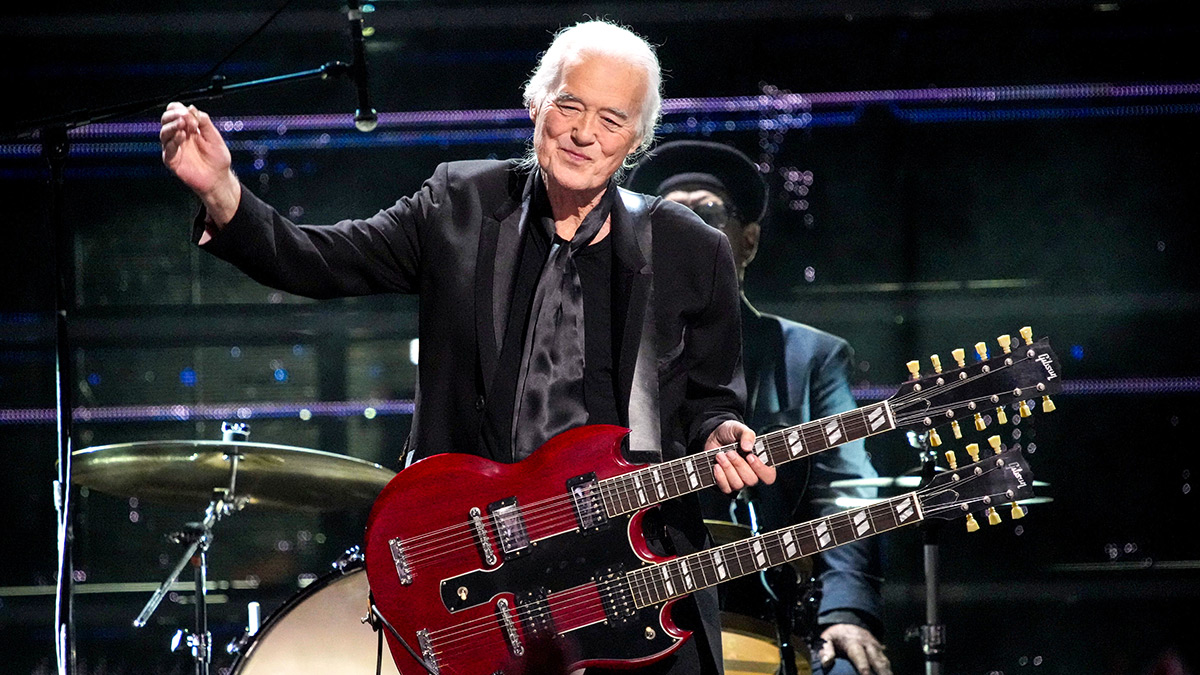Embarking on the quest for a musical soulmate is every artist’s aspiration. The intricate process of assembling the right individuals into a cohesive band is challenging, yet there’s a transformative phase where bands evolve from decent to exceptional. In the case of Jimmy Page, who had already experienced such synergy with Led Zeppelin, a new resonance echoed when he first encountered the haunting melodies of Jeff Buckley.
However, by the onset of the 1990s, the prospect of a Led Zeppelin reunion had become a relic of the past. The band had moved forward following the demise of drummer John Bonham, with their creative endeavors branching into solo careers. Page collaborated with The Firm, while Robert Plant pursued solo projects and resurrected The Band of Joy. Although Led Zeppelin’s heyday was over, their profound influence lingered, shaping the emerging alt-rock trend of the 1990s.
Despite not overtly displaying their Zeppelin roots, the impact of Page and Plant’s groundbreaking work paved the way for bands like Soundgarden to ascend to global prominence. In this evolving musical landscape, Jeff Buckley emerged as a singular force among 1990s rock singers. His early immersion in music manifested in groundbreaking compositions that navigated jazz harmony, delved into the depths of his soul, and unleashed raw emotion, as exemplified in tracks like ‘Dream Brother.’
The fateful meeting between Buckley and Page proved to be a pivotal moment. Having idolized Led Zeppelin for years, Buckley was astonished to discover Page’s reciprocal admiration for his own work. Musician Chris Dowd vividly recalled the backstage encounter, emphasizing the profound connection between the two artists. “Jeff told me they cried. They actually cried when they met each other. Jimmy heard himself in Jeff, and Jeff was meeting his idol. Jimmy Page was the godfather of Jeff’s music.”
A closer examination of Buckley’s guitar tone reveals the indelible influence of Page. While Buckley pays homage to Page’s lead guitar style, it’s the shared approach of weaving disparate musical elements into a cohesive whole that reflects the intricate craftsmanship Page showcased in classics like ‘The Rain Song’ and ‘Over the Hills and Far Away.’
Tragically, despite Buckley’s potential to pass on the Zeppelin legacy to a new generation, time had different plans. A fatal venture into a river after a performance led to Buckley’s untimely demise in 1997. Although he didn’t have the opportunity to fully capitalize on his burgeoning success, Page recognized Buckley as a master of his craft from the very first notes he sang. In this poignant chapter of musical history, the meeting of two maestros left an indelible mark, bridging generations through the timeless language of music.
